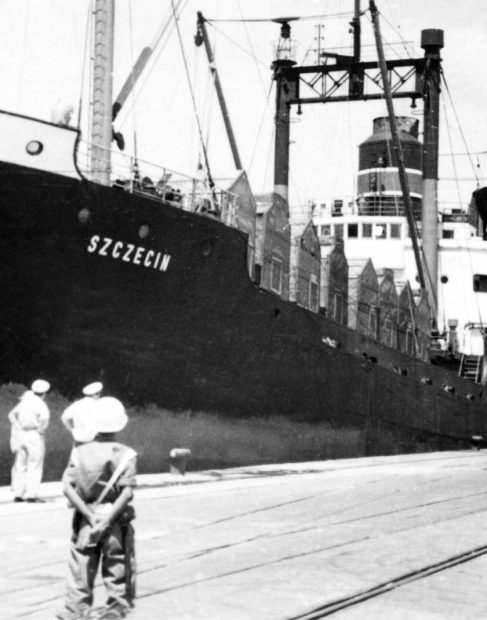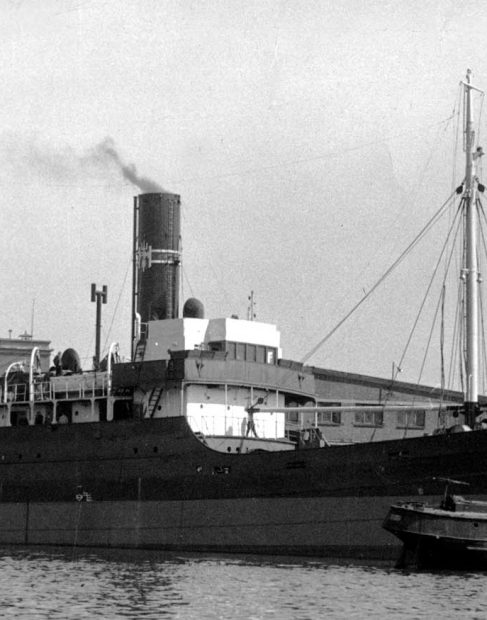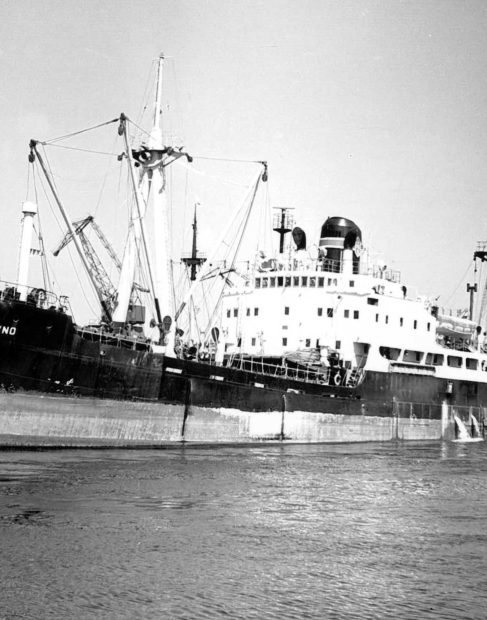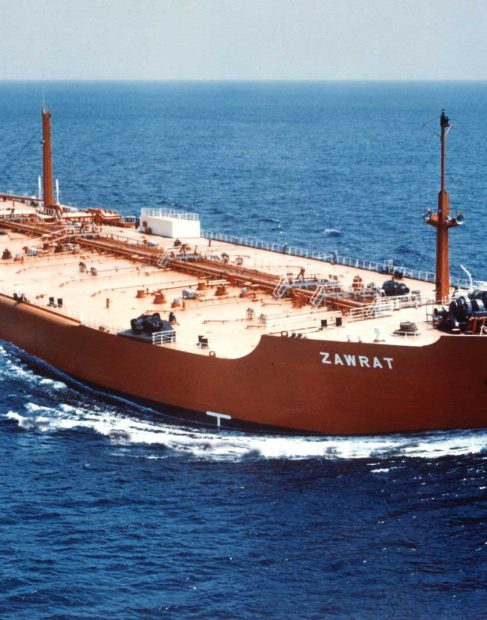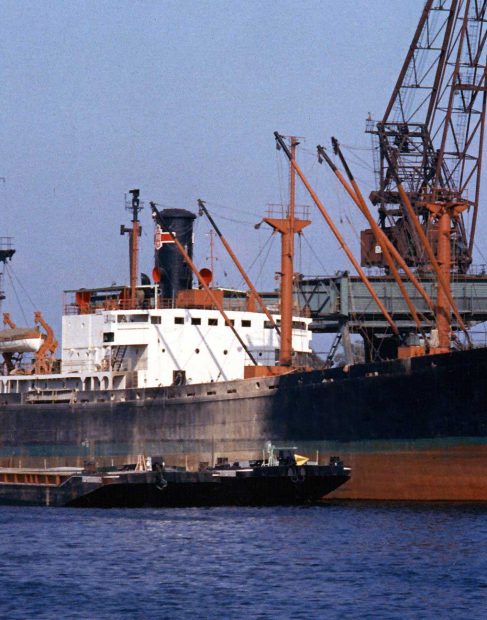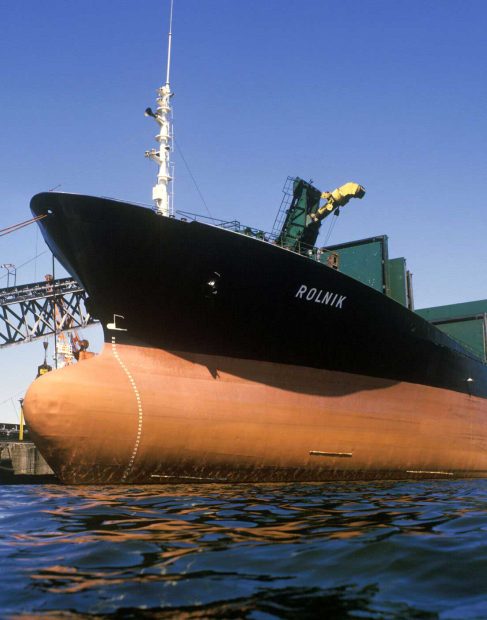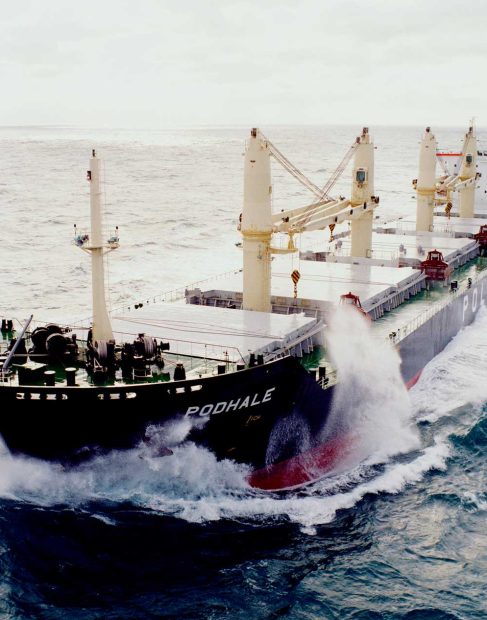Polish Shipowners' Association was established on 25 May 1929 in Gdynia. The initiator and first president of the Association was Julian Rummel, then director of the shipping company Żegluga Polska S.A., established in 1926.
.
Polish Shipowners' Association was established on 25 May 1929 in Gdynia. The initiator and first president of the Association was Julian Rummel, then director of the shipping company Żegluga Polska S.A., established in 1926.
.

